QPS Offers a wide range of toxicity studies
QPS’ globally recognized toxicology scientists offer a wide range of toxicity studies, as well as other preclinical safety tests, that are essential for preclinical drug development programs. We have a long and successful track record of designing specialized in vivo studies.
Quality and flexibility are the key factors as we work together to ensure that all regulatory studies for your investigational new drug (IND) filing are not overlooked. We will design and execute the most cost-effective development strategies for your drug candidates. Our commitment is to provide you with a fast and reliable route to clinical phase 1-2 studies.
General Toxicology
QPS offers a complete range of standard toxicology protocols designed for supporting submissions to international regulatory agencies. Our study directors, board-certified experts in toxicology as the Diplomates of the American Board of Toxicology (DABT), will personally oversee your studies in multiple test species. At their disposal is their extensive experience and access to our vast knowledge base of thousands of studies conducted for pharmaceutical and biotechnology companies across many disease therapies over the past 25 years. We ensure quality performance, delivery of high-quality data, and proper interpretation, review, and reporting of every aspect of your study.
Capabilities include:
- Single-Dose Toxicity Studies
- Repeated-Dose Toxicity Studies (subacute, subchronic, chronic studies)
- Systemic Safety and Risk Assessment
- Pharmacokinetic (PK) and Toxicokinetic (TK) studies
- Abnormal Toxicity Test
- Routes of administration: oral, intravenous (injection and infusion), intramuscular, subcutaneous, intraperitoneal, instillation, dermal, and others.
- Animal species: mice, rats, guinea pigs, hamsters, rabbits, dogs, and mini-pigs.
- Nonclinical study data package in compliance to CDISC Standard for Exchange of Nonclinical Data (SEND) for submission to FDA.
Statistics (Up to 2021):
- Successfully completed over 1,800 GLP studies
- Successfully filed 45 USFDA IND applications
- Successfully filed 2 USFDA NDA applications
- Successfully filed 31 SEND packages to FDA, with zero rejection
- Successfully completed 31 sponsor-initiated audits
Toxicokinetics
As an integral part of single-dose or repeat-dose toxicology studies, toxicokinetic studies help us understand the systemic exposure of the target compound. Combined with the DMPK study, the toxicokinetic data assist our sponsor to identify the therapeutic index of the target compound.
Genetic Toxicology
Genetic toxicology studies are conducted early in the safety testing program of your pharmaceutical and biotechnology products. QPS conducts genetic toxicology studies in a tiered approach, starting with an Ames test and progressing to the conduct of mammalian cell and in vivo assays, which are designed to assess the toxicological relevance of any earlier observations. All of our genetic toxicology studies are conducted in compliance to ICH guideline S2(R1).
Capabilities include:
- Gene Mutation Assays
- Ames Test
- In vitro Mouse Lymphoma Assay
- Cytogenetic Assays
- Chromosome Aberration Assay in Chinese Hamster Ovary (CHO) Cells
- In vitro Micronucleus Assays in CHO Cells
- In vivo Micronucleus Assay in Mouse and Rat
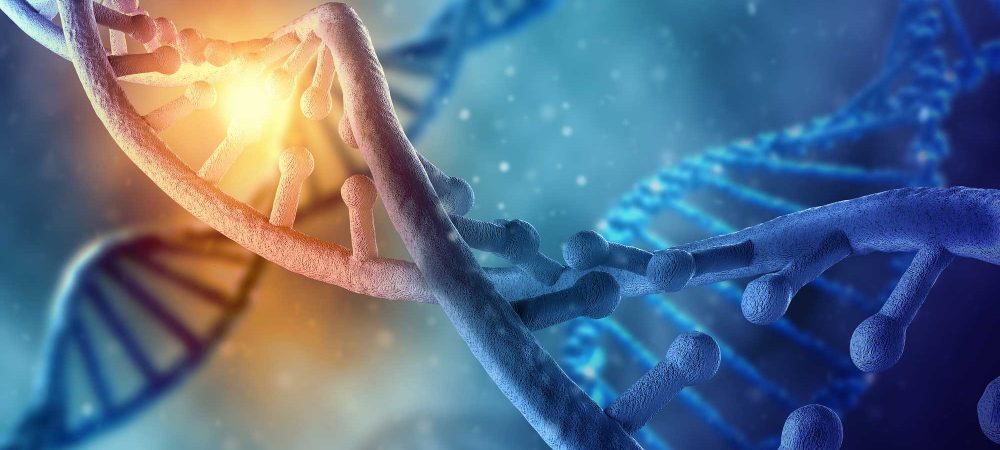
Reproductive Toxicology
QPS has been performing developmental and reproductive toxicity studies for pharmaceutical and biotechnology products for over 15 years. Following internationally recognized guidelines, including International Conference of Harmonization (ICH), we offer overall developmental and reproductive toxicology program planning and individual study design for your pharmaceutical and biotechnology products.
Capabilities include:
- Fertility and Early Embryonic Development Studies
-
Teratology Studies (Embryo-fetal Development Studies)
Animal Species: Rat and Rabbit
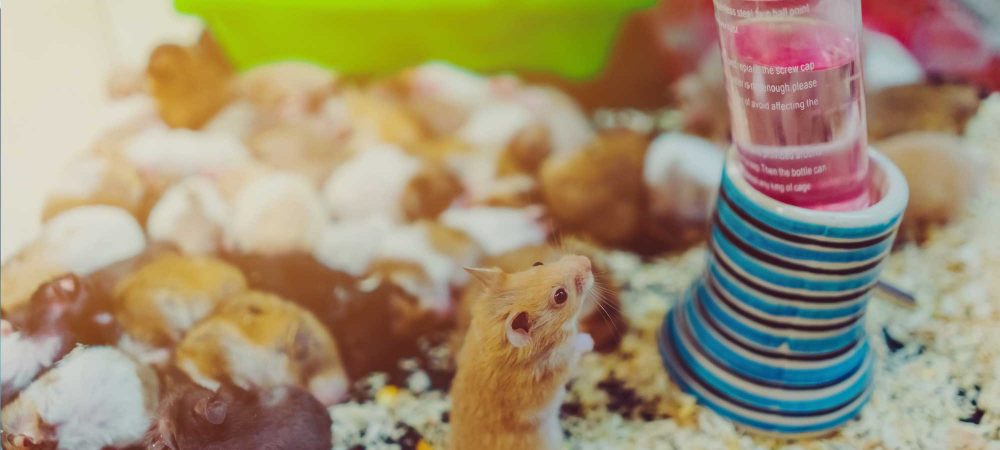
Clinical Pathology
Our experienced Clinical Pathology Group offers a complete range of laboratory testing services. Our laboratories are equipped to provide the highest level of support to your toxicology programs through leading-edge technologies, quality assurance measurements, and laboratory management programs.
Capabilities include:
- Hematology (including coagulation)
- Serum Chemistry
- Urine Analysis
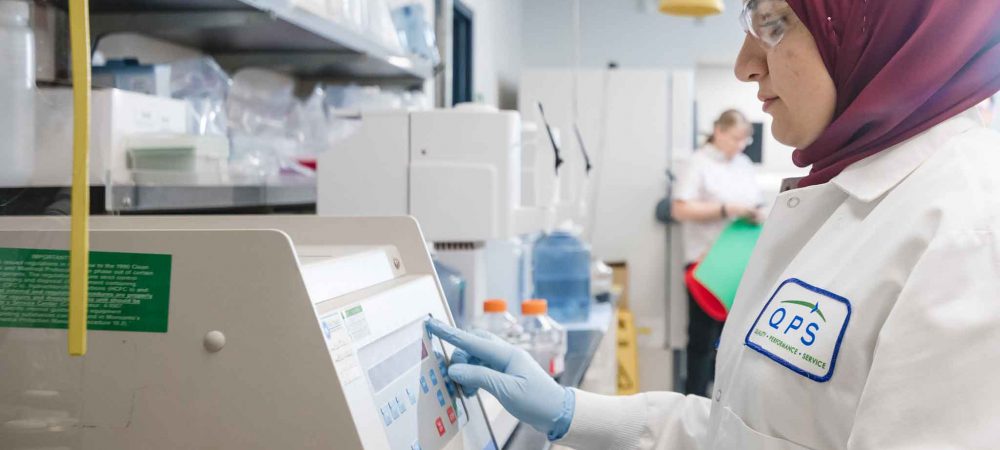
Histopathology
Microscopic evaluation of tissues, coupled with clinical pathology data, remains the cornerstone of toxicological evaluation of your pharmaceutical and biotechnology products. Our board-certified pathologists have decades of experience in the field with any type of study from animal model evaluation, through preliminary non-good laboratory practices (GLP) toxicity studies to formal GLP studies.
Capabilities include:
- Tissue and Slide Preparation
- Tissue Image
- Pathology Consultation and Evaluation
- Board Certified Histopathologist (DACVP)
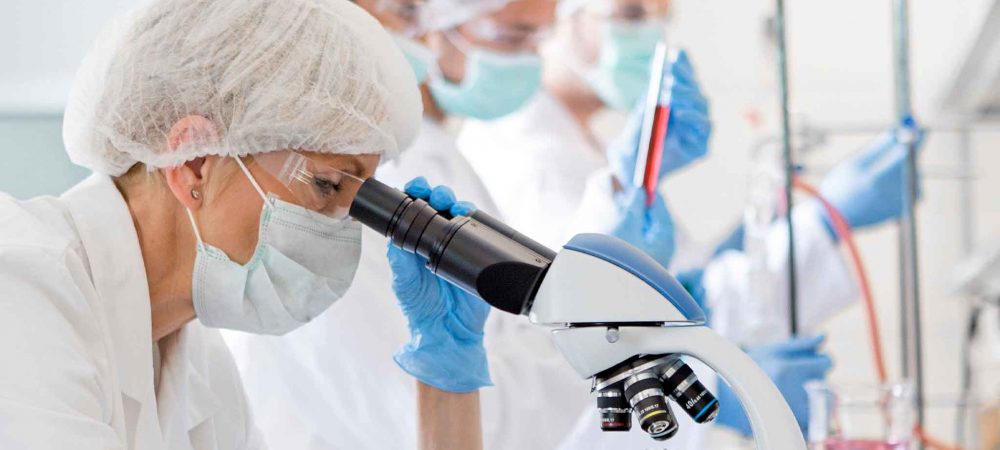
Biocompatibility Test For Medical Devices
To support the biological evaluation of medical devices, we provide a range of tests following ISO-10993. With extensive experience in the study design and fast turn-around time, we provide high-quality data and reporting to meet your timeline for research and submission.
Capabilities include:
- Mutagenicity Test (ISO 10993-3)
- Cytotoxicity (ISO 10993-5)
- Implantation (ISO 10993-6)
- System Toxicity Test (ISO 10993-11)
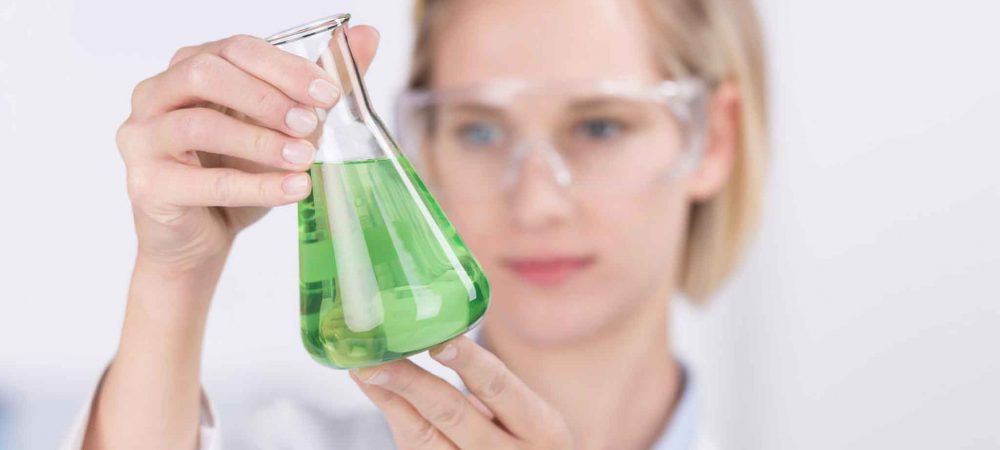
Dermal Irritation And Contact Sensitization
Capabilities
- Irritation/Skin Sensitization Test (ISO 10993-10)
- Animal Species: Rodent and Rabbit
Local Tolerance Testing
- Evaluation of skin irritation and contact sensitizing of your test material is conducted by QPS to determine the potential to provoke ocular irritation, dermal irritation, or sensitization.
Wound Healing
In vivo animal models are the most efficient and clinically relevant approach for studying wound healing. Our veterinarians are capable of performing surgeries for testing of wound healing, with post-operation monitoring of clinical observations, body weight, and food consumption. Wounds are regularly measured for assessment of the extent of healing. At the completion of the in-life experimentation, our board-certified pathologist (DACVP) performs histopathology examination of the wound tissues. All studies are reviewed by IACUC in compliance of animal welfare requirements.
Capabilities include:
- In vivo wound healing test
- Animal Species: Rodent, Rabbit and Mini Pigs






